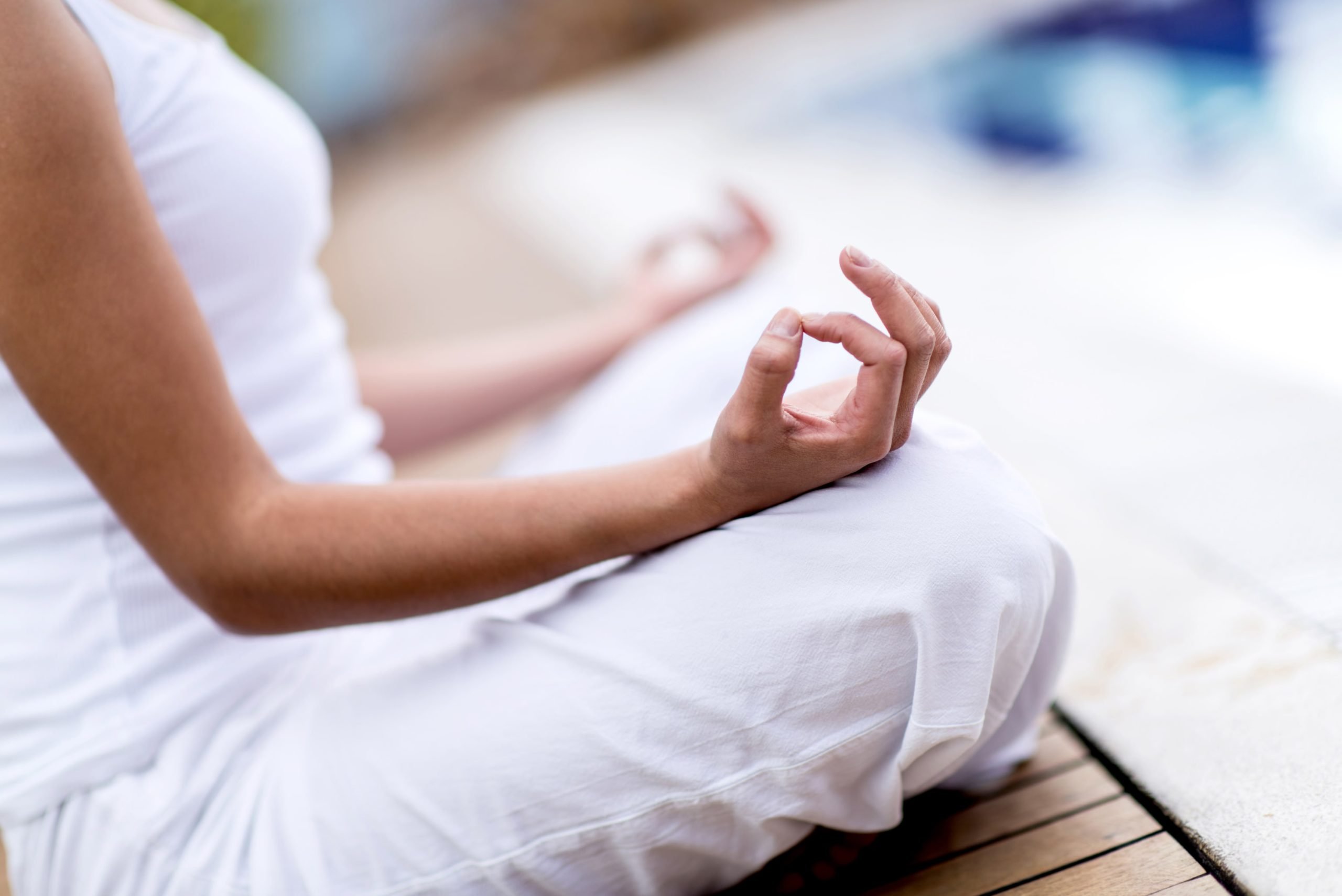Buddhist-Approved Ways to Increase Happiness
If you have seriously thought about making your life better, then you should consider Buddhism for yourself. Buddhism is much more than a religion. This is age-old knowledge that everyone can use to make their life a little brighter. Some people practice Buddhism regularly, while others turn to it for philosophical direction.
So what exactly is it about Buddhism that makes you joyful no matter what? And even if you are not a Buddhist, can his teachings help you live a happier life?
A Life of Compassion

Understanding other individuals and the more excellent environment around you may transform your life. It all begins with self-compassion. Before you can gaze outwards, you must first forgive yourself and find inner peace. A person with a high level of compassion can better comprehend why individuals behave the way they do. Compassion is the realization of everyone’s underlying goodness. It is the root of genuine, meaningful relationships and better lives.
Enjoy the small things that make you joyful

When you consider everything you do daily—packing your gym bag, making coffee, commuting to work—the majority of it is done on autopilot. A Buddhist would approach these tasks thoughtfully, reflecting on their virtue. Concentrate on the sensations of having a shower or sipping your coffee. And it’s not just advice for the morning; it’s a habit to cultivate throughout the day.
Without God, it is good

Of course, many other significant religious and philosophical traditions offer meditative techniques, and while they differ in detail, they appear to overlap in concept.
It’s only that Buddhists have perfected these tactics for increasing happiness. And since they exist, they are easier to understand and implement in a secular setting. Indeed, our objective is to examine how these tactics may benefit the average person who does not believe in anything religious.
It’s worth noting, though, that religious affiliation is one of the elements associated with happiness. Furthermore, research demonstrates that religious persons are less likely to be sad, worried, or suicidal than nonreligious people. You may also manage better with life difficulties like illness and grief.
Attend to the Situation

Rather than going through the motions, be present in each moment of your life. And this may include anything from eating more thoughtfully (no screens, please), paying attention to your breath, or concentrating on your actions and thoughts. If you let it, mindfulness can alter every part of your life.
Finish the day with a positive affirmation

Perform a little meditation or, at the very least, refrain from using any electronic media for a half-hour before shutting out the lights. Use this time to read, play with your pet, or spend quality time with your family. When you turn out the light, affirmations are also an excellent approach to reconnect with the river of awareness that you want to flow through your day. Many people swear by the power of affirmations to bring about significant changes in their lives, from economics and careers to relationships and weight reduction to increased self-confidence.
